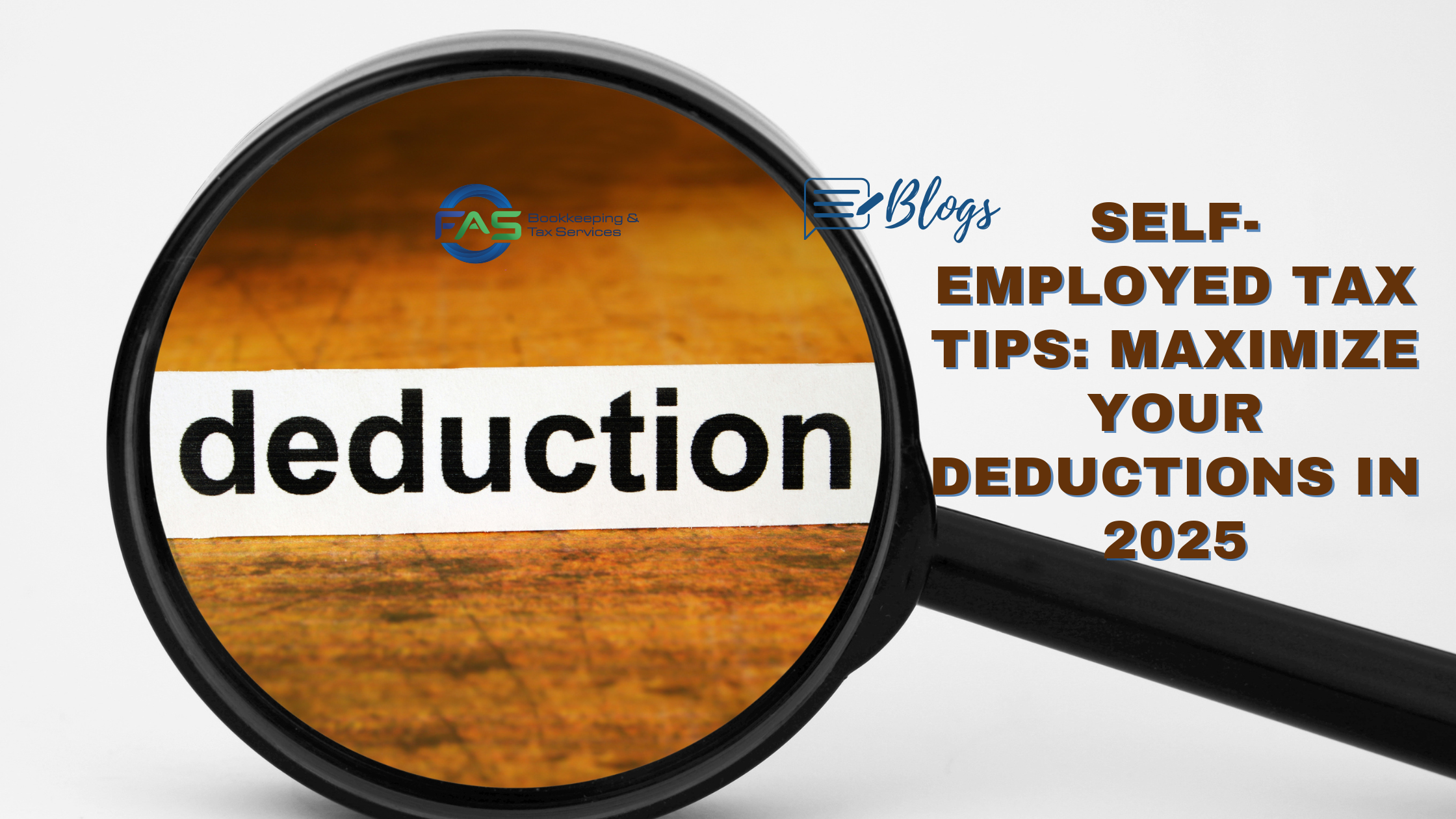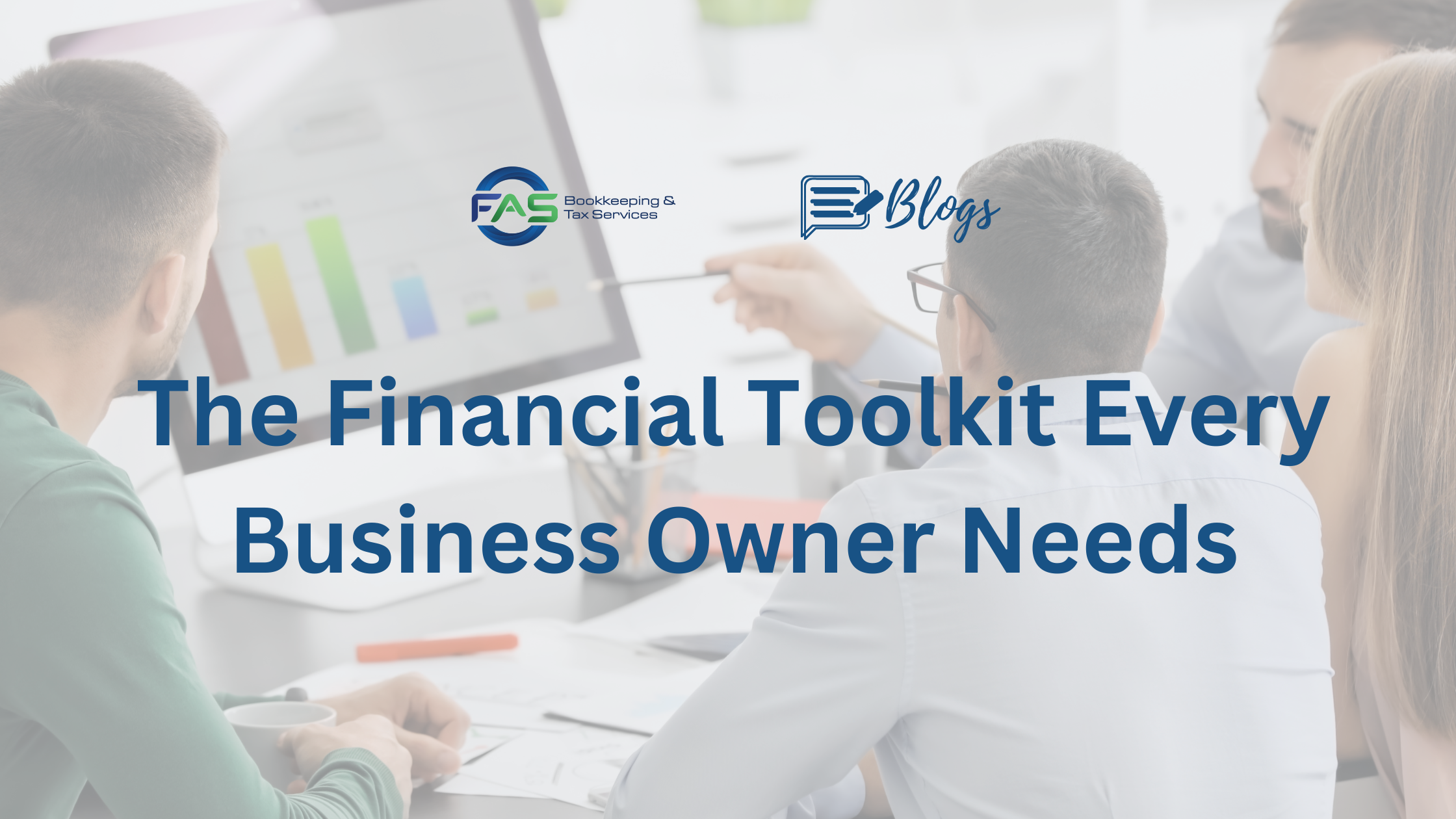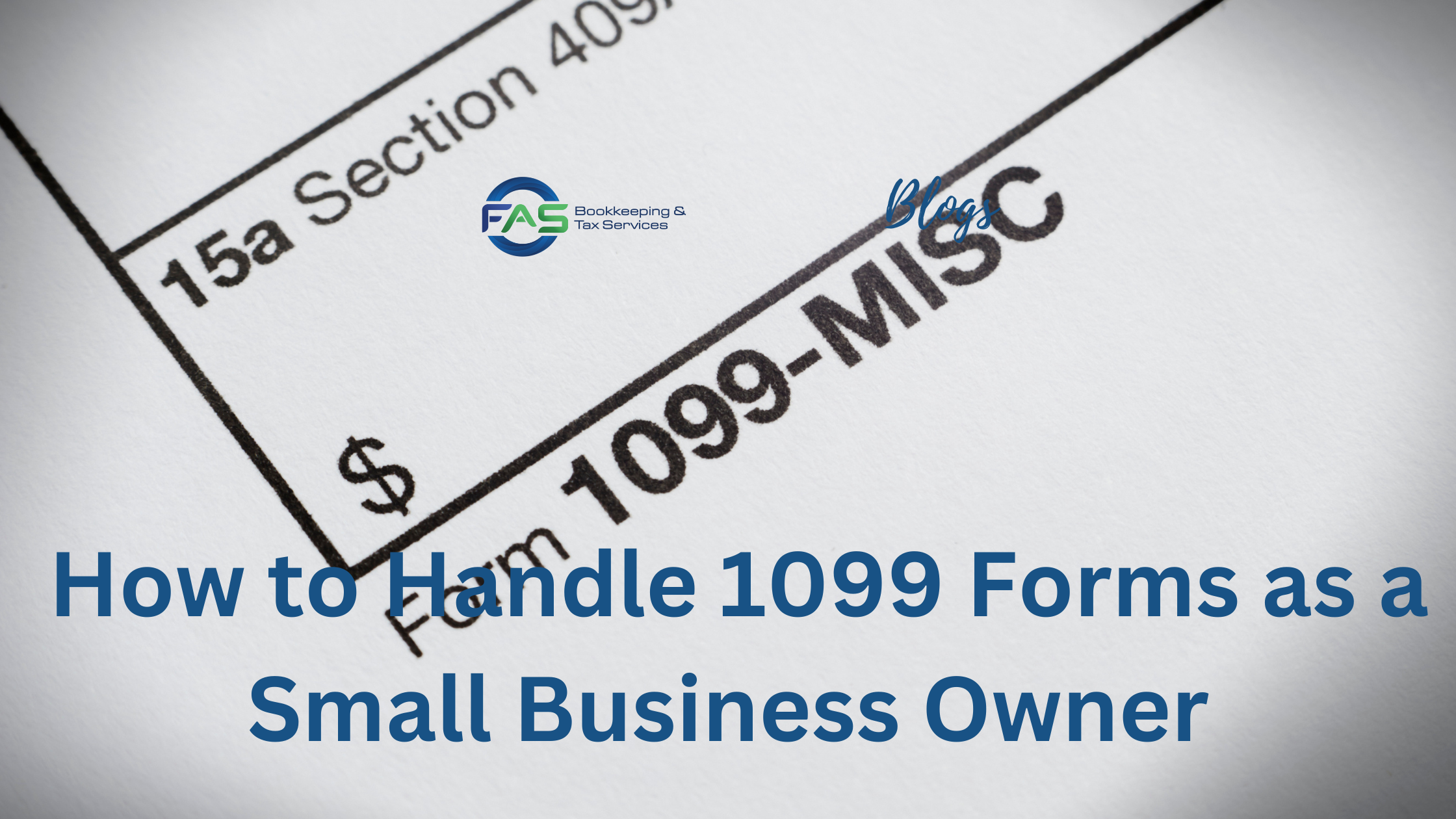If federal income tax and employment taxes (including Social Security) are withheld from employees’ paychecks and not handed over to the IRS, a harsh penalty can be imposed. To make matters worse, the penalty can be assessed personally against a “responsible individual.”
If a business makes payroll tax payments late, there are escalating penalties. And if an employer fails to make them, the IRS will crack down hard. With the “Trust Fund Recovery Penalty,” also known as the “100% Penalty,” the IRS can assess the entire unpaid amount against a responsible person who willfully fails to comply with the law.
Some business owners and executives facing a cash flow crunch may be tempted to dip into the payroll taxes withheld from employees. They may think, “I’ll send the money in later when it comes in from another source.” Bad idea!
No Corporate Protection
The corporate veil won’t shield corporate officers in these cases. Unlike some other liability protections that a corporation or limited liability company may have, business owners and executives can’t escape personal liability for payroll tax debts.
Once the IRS asserts the penalty, it can file a lien or take levy or seizure action against a responsible individual’s personal assets.
Who’s Responsible?
The penalty can be assessed against a shareholder, owner, director, officer, or employee. In some cases, it can be assessed against a third party. The IRS can also go after more than one person. To be liable, an individual or party must:
- Be responsible for collecting, accounting for, and paying over withheld federal taxes, and
- Willfully fail to pay over those taxes. That means intentionally, deliberately, voluntarily and knowingly disregarding the requirements of the law.
The easiest way out of a delinquent payroll tax mess is to avoid getting into one in the first place. If you’re involved in a small or medium-size business, make sure the federal taxes that have been withheld from employees’ paychecks are paid over to the government on time. Don’t ever allow “borrowing” from withheld amounts.
Consider hiring an outside service to handle payroll duties. A good payroll service provider relieves you of the burden of paying employees, making the deductions, taking care of the tax payments and handling recordkeeping. Contact us for more information.




